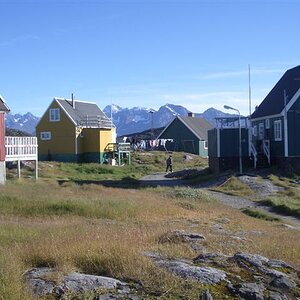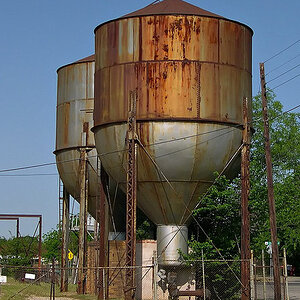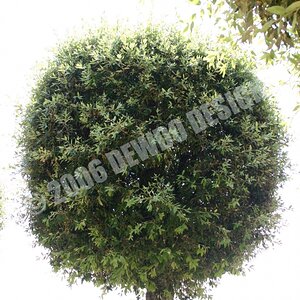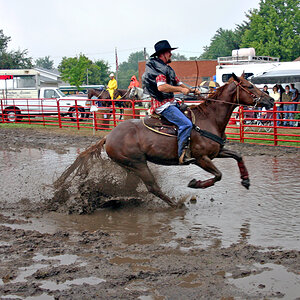develop
TPF Noob!
- Joined
- Apr 12, 2018
- Messages
- 3
- Reaction score
- 0
- Location
- USA
- Website
- fonddecran.mobi
- Can others edit my Photos
- Photos NOT OK to edit
As I said above, I started to take pictures, should buy a good camera, or buy a normal type to get acquainted. Expect to have experienced consultants
Thank you!
Thank you!





![[No title]](/data/xfmg/thumbnail/30/30869-817b4d4e7585860fab4b08558512787a.jpg?1619734487)
![[No title]](/data/xfmg/thumbnail/30/30870-c7febc7c14dc6447653c2ae2355ffc61.jpg?1619734488)
![[No title]](/data/xfmg/thumbnail/37/37659-7302b7a4f9ae50a952748e8b395695fe.jpg?1619738174)



![[No title]](/data/xfmg/thumbnail/37/37660-eb4529b6ea38a042c4e9b64866178d7b.jpg?1619738174)
![[No title]](/data/xfmg/thumbnail/42/42273-78c0ae886bd5e6d47580353f398c92b9.jpg?1619740082)
![[No title]](/data/xfmg/thumbnail/42/42274-5bec1b32caba5fed4a680bc5be4d0202.jpg?1619740083)